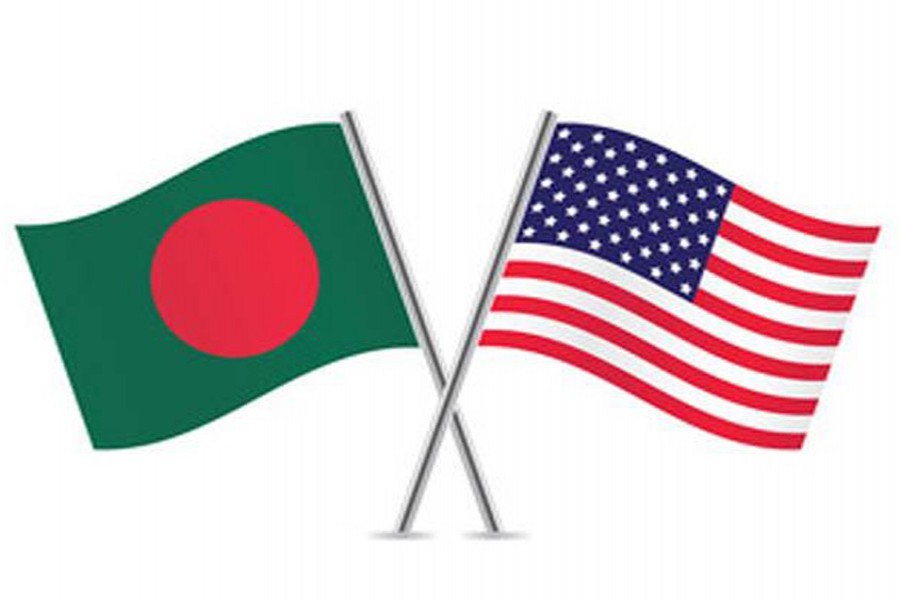Online Report
The United States has granted Bangladesh an additional three weeks—until August 1—to finalise a trade agreement and avoid the imposition of steep tariffs on its exports, including readymade garments, which are vital to the country’s economy.
The extension, communicated through a formal notice from the US administration on July 7, moves the previous deadline from July 9 to August 1. If a deal is not reached by then, Bangladeshi exports to the US—notably in the apparel sector—will face a 35 per cent reciprocal tariff, significantly hurting their competitiveness in one of Bangladesh’s largest export destinations.
Reacting to the development, BKMEA President Mohammad Hatem said, “From August 1, the US intends to begin imposing reciprocal tariffs on Bangladeshi imports—unless Bangladesh finalises a trade deal before then. The July 7 notice effectively gives us a three-week window from the original deadline. We are hopeful of making progress and concluding a deal within this extended period.”
Negotiations Underway
Earlier on Friday, Commerce Secretary Mahbubur Rahman, commenting on the ongoing talks, described Thursday’s (July 4) meeting between US and Bangladeshi trade officials as “fruitful.”
He said the United States Trade Representative (USTR) is expected to share the US Tariff Exemption Schedule with Bangladesh by July 8 or 9—an important step in advancing the next phase of discussions.
Quoting USTR officials, the secretary said, “They do not expect President Trump to finalise the reciprocal tariff decision before the new deadline.” He also expressed optimism that Bangladesh could secure relatively favourable treatment compared to competing countries in the US market.
However, a senior commerce ministry official hinted that the deal may still be delayed due to the complex nature of the ongoing dialogue. “Negotiations take time, but the hope is that the reciprocal tariff implementation could see another extension, following the earlier 90-day deferral,” the official said.
The commerce secretary, who was initially scheduled to depart for the US on July 6, may now delay his visit as Dhaka awaits the updated tariff exemption list from the USTR.
Global Context and Tariff Pressures
According to a CNBC report, the Trump administration’s reciprocal tariff policy currently targets at least 14 countries. On Monday, President Donald Trump publicly released letters addressed to leaders of countries including Bangladesh, Japan, South Korea, Malaysia, Kazakhstan, South Africa, and Myanmar, detailing the proposed tariff rates.
Under this policy, Bangladeshi goods are set to face a 35 per cent tariff—similar to Serbia—unless a bilateral agreement is reached. Laos and Myanmar, meanwhile, are expected to be hit with even higher tariffs of 40 per cent. The letters indicated that the US may reconsider the tariff rates “depending on our relationship with your country.”
Later that day, President Trump signed an executive order officially deferring the tariff implementation date to August 1, based on fresh recommendations from senior officials. White House Press Secretary Karoline Leavitt also stated that additional letters to other countries could be issued soon.
Focus on Reciprocal Concessions
The current round of negotiations is centred on reciprocal market access, including opening sectors in Bangladesh to US firms and potential tariff exemptions for Least Developed Countries (LDCs). However, no concrete agreement has been finalised yet.
Industry leaders and policymakers in Bangladesh are watching the developments closely, given the potential impact on over $8 billion in annual garment exports to the US.


